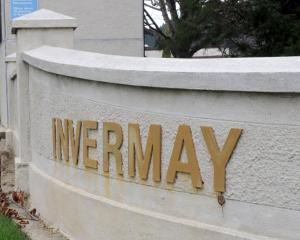Green Party MP Sue Kedgley wants an urgent parliamentary inquiry into the ethics and animal welfare issues of AgResearch's genetic engineering of livestock.
Papers released under the Official Information Act have shown that three GE calves born last year grew ovaries so large they caused ruptures that killed the six-month-old animals.
Researchers were seeking to produce human fertility treatments in GE cows' milk.
AgResearch's applied technologies group manager Dr Jimmy Suttie told the New Zealand Herald newspaper the deaths were part of the learning process for scientists.
The calves were engineered with a human genetic code for a follicle stimulating hormone in the hope that human protein expressed in their milk could eventually be used as a infertility therapy.
A Ministry of Agriculture and Forestry (MAF) investigation said deformities and respiratory problems among animals at the Ruakura research centre in Hamilton was a foreseeable by-product of the project, and that the calves were better cared for by vets than they would be on a dairy farm.
Agriculture Minister David Carter, who sought more information about animal welfare when he learned of the calves' deaths last year, told the newspaper he was satisfied with AgResearch's response.
But Ms Kedgley said the Government should re-instate the Bioethics Council, which had called for ethics reviews of all GE animal experiments.
"In the absence of a Bioethics Council we need a full select committee inquiry," she said.
"It's time to lift the lid on the research and consider the animal welfare and ethical implications of the research AgResearch is conducting. This discussion should not be left to scientists alone."
Soil and Health spokesman Steffan Browning said the calf deaths were "likely to be just the tip of the iceberg".
"AgResearch already has a bad track record with its annual reports to the Environmental Risk Management Authority for GE cattle showing a less than 9 percent live birthrate, deformed foetuses and calves, gangrenous udders and animals suffering from respiratory conditions," he said.
Good animal welfare records and a GE-free reputation were important for New Zealand's trading image and increasingly demanded by consumers, he said.
"Cruel experiments for a GE farming future are not what either New Zealanders or valuable overseas consumers want."
The organic-based lobby also wanted reinstatement of the Bioethics Council and said AgResearch animal experiments involving cruelty should be immediately stopped.


